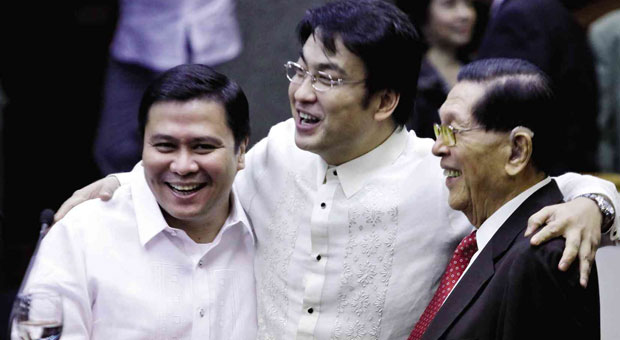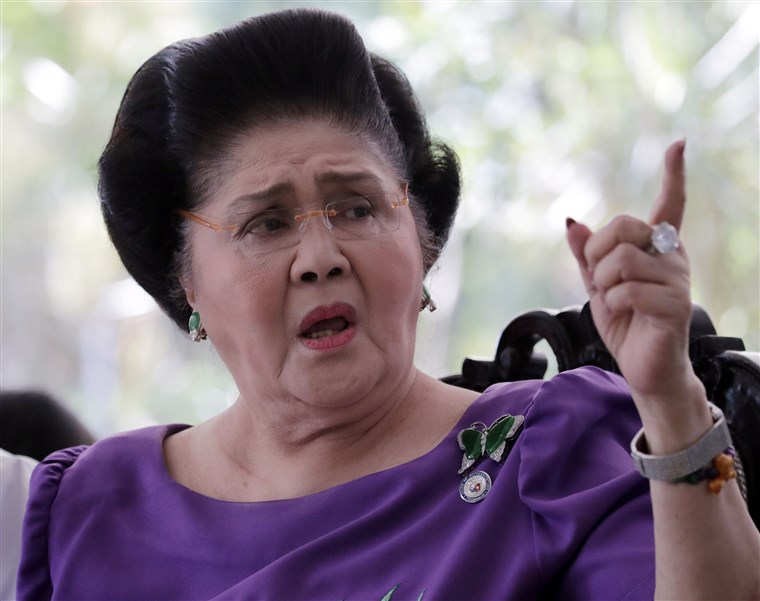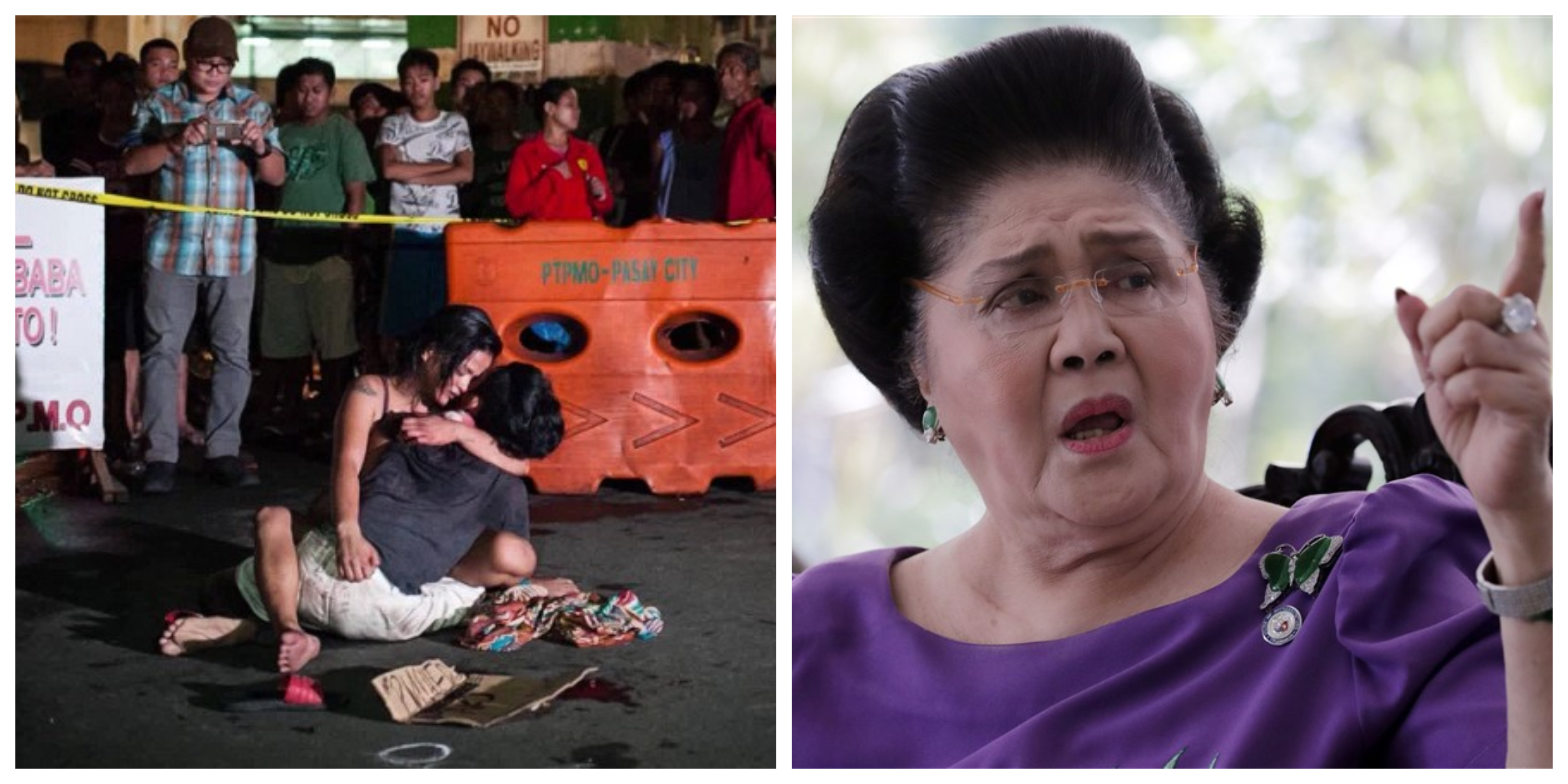This is part 3 of an eight-part series covering the issues that will help me decide who I’m voting for in the May 2019 Senatorial elections. You can read Part 2 by clicking here.
The “Lady Justice” image, the allegorical personification of the rule of law, is depicted as a woman wearing a blindfold, wielding a sword and balancing the scales.

The significance of the blindfold is to show that justice should be blind to prejudice – that is, unable to see a person’s skin colour, religion, social status, or any other personal characteristic. An ideal justice system is one that is impartial to all, casting its verdict (the sword) only by balancing the evidence before it (scales).
It is safe to say that this concept of justice is a far-cry from the present reality in the Philippines, where – very often – the rich go unpunished for their crimes, while the destitute are dealt with harshly by the Police.
This has become more obvious by the Duterte administration’s infamous “war on drugs”, what was intended to be a crackdown on the supply of illegal narcotics has turned into an oppressive campaign against impoverished drug addicts instead. Sometimes, the victims – again from poor neighbourhoods – were entirely innocent and were merely “collateral damage” in the skirmish.
Take for example the death of Allan Rafael, a 35-year old cancer-sufferer who was arrested by law enforcement agents and was later found dead, while under their custody. He was mistaken as a drug addict simply due to his emaciated appearance, when Rafael explained his condition to the police they did not believe him and instead tortured the sick man until his death.
One research showed that majority of the casualties of the drug war (as of 2018) worked menial, blue-collar jobs which included tricycle, pedicab, or jeepney drivers, barkers, construction workers, vendors, farmers, and garbage collectors.
Most of these anti-drug crackdowns occur in poor areas, targeting the most impoverished. An investigation by the New York Times told the stories of many drug war victims that lived in the shanties, such as Joselito Jumaquio who was a pedicab driver and was killed by masked men who were widely suspected of being members of the Police.
Meanwhile, the big-time narcotics players – dubbed “drug lords” – have been left virtually unscathed in Duterte’s drug war. In March 2018, 22 high-profile drug lords were cleared of drug charges after the Department of Justice (DOJ) deemed there was a lack of evidence against them.
Two of those released, Peter Lim and Peter Co, were named by President Duterte himself to be among the highest-ranking drug lords in the country. The latter felt he had enough evidence to name the two as notorious criminals, yet his justice secretary still allowed them to walk free.
Aside from the war on drugs, there are many examples of the rich and powerful escaping the wrath of the justice system for their misdeeds. The most notable being the political elites.

Despite comprehensive evidence proving their links to the 2013 Pork Barrel Fund Scam, former Senators Bong Revilla, Jinggoy Estrada and Juan Ponce Enrile enjoy freedom today. All three men served time in prison for charges of plunder, but all eventually attained liberty once President Duterte took office – unsurprisingly, the trio have allied themselves to the ruling administration.
Revilla, allegedly the biggest violator, was accused of pocketing Php224 million in taxpayer funds but was acquitted on all charges late last year. While Estrada was suspected of receiving Php183 million in pork funds, and was imprisoned already for the second time – he had already been detained in 2001, also for corruption charges.
Not only had both men evaded the penalty for plunder – which is reclusión perpetua, or a fixed 40-year prison sentence and lifetime ban from running for public office – but during Revilla’s stay in prison, he was afforded VIP treatment by his own prison guards. The ex-Senator was allegedly allowed to attend a birthday party for fellow detainee Juan Ponce Enrile, despite not having permission from prosecutors.
Contrast Revilla’s treatment to the reception given to the twelve individuals illegally detained by the Manila police in Tondo, who were not only held without any charges but had been kept inside a secret detention facility behind a bookshelf for days. The 1987 Constitution prohibits the use of any secret prison cells to detain individuals, and it is certainly against the detention of persons for an extended period without any charges filed against them.
In this twisted Philippine justice system, the rules set forth by the Constitution are bent to privilege the rich and to further oppress the impoverished.

However, there may be no stronger example of an unfair justice system than the case of former First Lady Imelda Marcos. Her crimes were so blatant that she was named in the Guinness Book of World Records under the accolade of “Greatest Robbery of a Government”, back in 2016.
The widow of deposed dictator Ferdinand Marcos was notorious for her collection of 3,000 pairs of shoes – a degree of opulence that merited the creation of a new word in the dictionary, “imeldific”, after Imelda herself and means an extreme level of extravagance.
It would seem that more than three decades after her ostentatious reign, she would finally pay for her sins after a court found her guilty of corruption in 2018 and sentenced her to prison. Unfortunately, her advanced age (89 years old) means she will most likely not serve the imposed penalty.
Mrs. Marcos remains a free woman upto this day.
Contrast her circumstance with that of the twelve people illegally detained by Manila police, who despite having no convictions were put in jail for days. Compare the plight of Mrs. Marcos to that of Joselito Jumaquio or Allan Rafael, who despite not seeing a day in court were summarily executed.
It is obvious that “Lady Justice” in the Philippines looks nothing like that well-recognized personification, given that there is blatant favouritism in its implementation. This absurd reality nees to change, and should be a salient issue for voters to decide on their candidates this coming May 2019 elections.


One thought on “Why I’m Voting (part 3): The rich and powerful are avoiding the justice system”
Comments are closed.